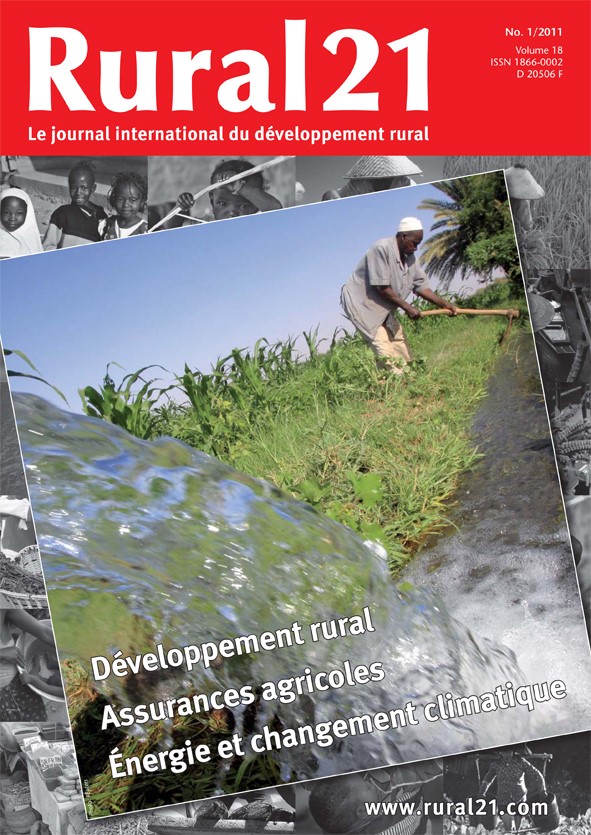Why do states collapse, and what exactly happens?
Interest in the notion of «state failure» has seen a dramatic upsurge in recent years. As a rule, changes in global framework conditions are held responsible for this decrease in state control and legitimacy. But the prominence of this topic in the international debate easily overlooks the fact that the phenomenon of failing states is not new, but has existed since the division of the world into nation-states. Moreover, it is almost impossible to establish a uniform pattern of state failure.





